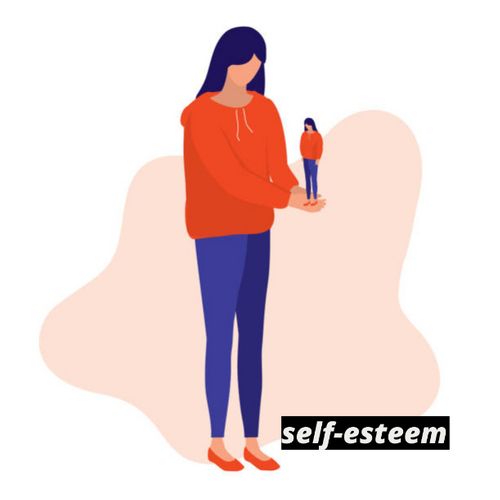The 2 core components of self-esteem, according to Nathaniel Branden
Sep 17, 2022 · 2 mins read
0
Share
Regardless of what we do or do not admit, we cannot be indifferent to our self-evaluation. This self-evaluation is best measured, said the psychotherapist Nathaniel Branden, by what we call “self-esteem”.
Save
Share
To trust one’s mind to produce desired results (self-efficacy) and to know one is worthy of happiness (self-respect) is central to self-esteem. More than a feeling/judgement, these are deep convictions that inspire behavior. Let’s expand on the two.
Save
Share
1) Self-efficacy is confidence in the face of life’s challenges - “I trust my mind to solve the problems that come my way”. The implication is not that I would never make mistakes but rather that I trust my ability to “figure things out” regardless of my position or prestige.
Save
Share
Low self-efficacy manifests in the following ways: discomfort with the new and unfamiliar to the point of surrender; overattachment to yesterday’s skills; inability to break patterns; and having a fixed instead of growth mindset & lack of belief that one can change.
Save
Share
2) Self-respect is an internal assessment of how deserving I believe I am of respect and happiness (and subsequently love and friendship - factors that add to respect & happiness). It is the conviction that my life & well-being are deserving of other people’s respect.
Save
Share
Lack of self-respect gives a green signal to inappropriate behavior which in turn justifies & reinforces our negative self-perception: "if he is abusive, that is because I really am undeserving of love", or, "It is only when I do x/y/z, that I am worthy of any respect at all”.
Save
Share
Healthy self-esteem correlates with rationality, realism, intuitiveness, creativity, independence, flexibility, and the ability to manage change. Poor self-esteem correlates with rigidity, fear, blindness to reality, and defensiveness.
Save
Share
The higher our self-esteem, the more ambitious we are in terms of how we wish to experience life emotionally and creatively. This is because we believe we are deserving of having an inherently rich experience of living - both in competence and our happiness levels.
Save
Share
An example of this is the people we attract. If I subconsciously believe that I’m undeserving of love because of low self-esteem, I will eventually attract people who would either be emotionally unavailable or would be equally insecure, thereby stunting my happiness levels.
Save
Share
Bottom line: Self-esteem is a fundamental human need because its impact requires neither our understanding nor our consent. Self-esteem, fully realized, is the experience that we are appropriate to life and to the requirements of life.
Save
Share
0
